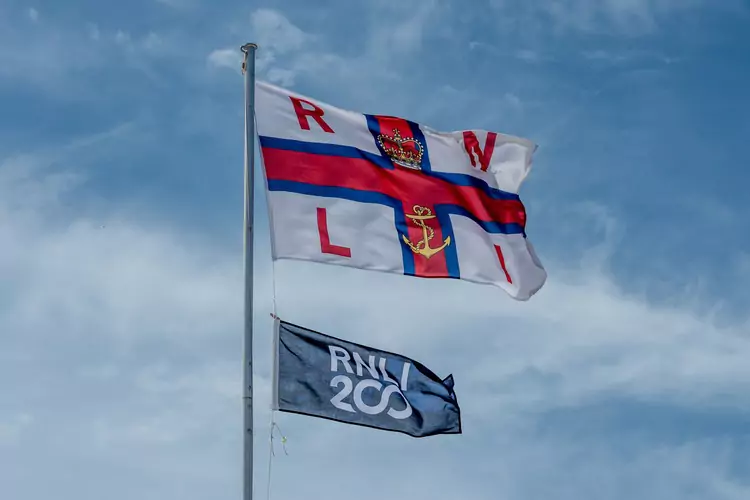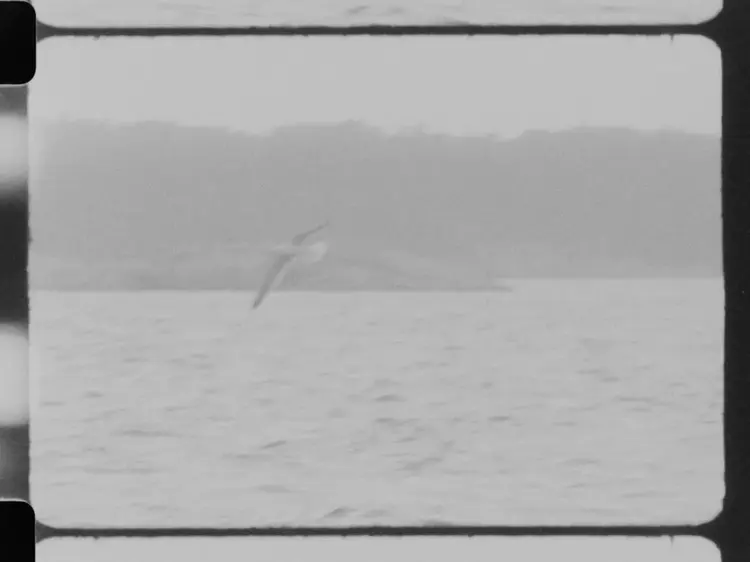
Travelling artwork ‘Sea Like A Mirror’ will tour six lifeboat station towns across England next year to honour the legacy of RNLI
By
146,000. That’s how many people have been saved by the RNLI since its founding 200 years ago. In 2023 alone, 10,734 people were helped by lifeboat crews, 19,979 aided by lifeguards and 269 lives saved, all of which would be impossible without volunteers.
Although its principle has remained unchanged – saving those in peril at sea and educating on the potential dangers that come with entering waters – its logistics and operations have changed unrecognisably since 1824.
Back then, volunteer crews used wooden lifeboats with oars and sails to save those at sea. Now, modern technology and motor-powered all-weather lifeboats help those in trouble across UK waters, with the charity comprising of more than 238 lifeboat stations and 5,700 volunteers on call 24/7.
This year, celebrations are high as the charity celebrates its 200-year anniversary – and a major artwork will be touring around the UK in 2025 to honour the efforts of its volunteer crews.
Enjoying this article? Check out our related reads…
Sea Like A Mirror will tour across six lifeboat station towns across the UK – Whitstable, Cromer, Barrow-in-Furness, Western-super-Mare, Cleethorpes and Gravesend – combining sculpture, film and music from a variety of artists, produced through visiting lifeboat stations and these seaside towns themselves.
At the centre of Sea Like A Mirror is a newly-commissioned artwork, White Horses by artist Ivan Morison, which captures the sea’s dual role as both a haven and an environment full of peril to those in danger in its waters.
Throughout all of Morison’s work lies a preoccupation with understanding how humans navigate catastrophe and the violence of change – from a wider societal view right down to how individuals deal with moments of personal calamity.

Considering the RNLI’s vast involvement in aiding those caught in these moments of peril – as well as the volunteers braving life-threatening situations to help – there is certainly no shortage of this theme in the charity’s long history.
‘There are people that live their lives in close connection to the sea, drawn to fish, to travel upon it, to immerse themselves in it, to search beneath it, to harness its power, to care for people in danger because of it,’ says Morrison.
‘I am fascinated by these people and will spend my tour searching them out.’




